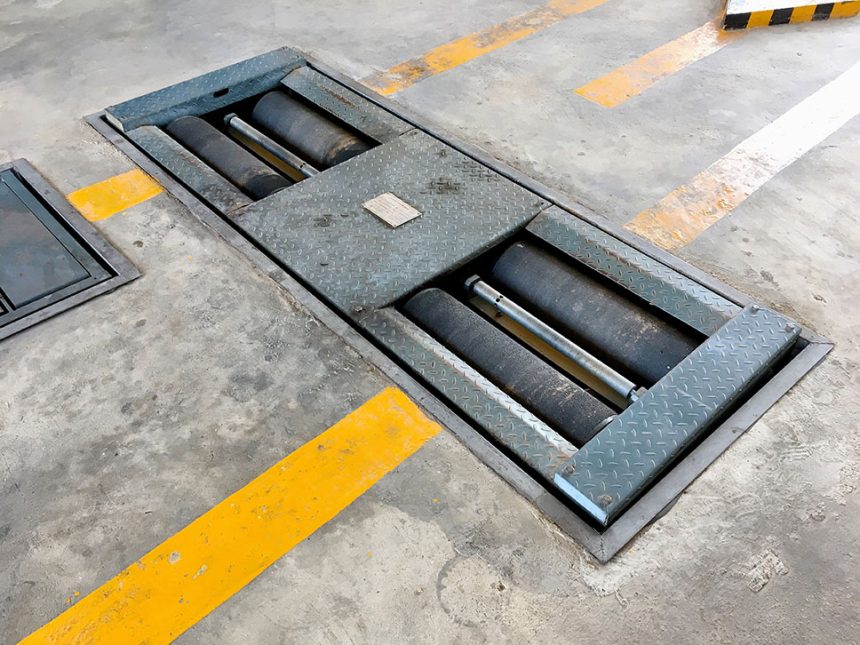JMW Solicitors has recently noted a worrying trend of automatic slack adjusters being adjusted manually to improve braking efficiencies in order that a vehicle can pass its rolling road brake test.
We dealt with one instance where a vehicle failed its pre-MOT brake test and the engineer manually adjusted the brakes, leading to a subsequent pass. Just eight weeks later when the vehicle was once again placed on the roller brake test, it once again failed, leading to a full replacement of the slack adjusters and chambers.
DVSA has issued guidance on the maintenance of slack adjusters, which are required to be fitted to all passenger-carrying vehicles over eight seats and all goods vehicles over 3.5 tonnes manufactured after 1995.
According to the recommendations in that documentation, slack adjusters should not be manually adjusted while in service. It adds that this can mask an underlying issue or cause premature failure of the relevant parts.
This issue was recently discussed at a Public Inquiry before Traffic Commissioner Kevin Rooney into Arleen Coach Hire and Services Limited, where a review of the maintenance records suggested that the brakes were regularly being adjusted. The Public Inquiry was triggered following a DVSA maintenance investigation after one of their vehicles over turned carrying passengers. There was no fault attributed to the business for the incident itself, but the DVSA report raised concerns over maintenance standards, lack of control from the Transport Manager and the regular adjustment of the braking system.
The Traffic Commissioner heavily criticised the technical capability of the person managing the workshop and stated as part of his decision: “On many safety inspections the brakes are adjusted. These vehicles are fitted with automatic slack adjusters – they do not require adjusting”
“Adjusting automatic slack adjusters is usually a clear indication of a technician who does not know what he or she is doing.”
The Traffic Commissioner then reproduced the DVSA guidance:
Automatic slack adjusters should never need to be manually adjusted in service.
Repeated manual adjustment can cause premature wear of the internal components and lead to early failure. However, you might need to manually adjust your slack adjuster when you:
- install it
- repair your brakes
- perform overhaul procedures, such as relines
Automatic slack adjusters should not be manually adjusted to correct excessive pushrod stroke.
Excessive pushrod stroke indicates that there is a problem with either the automatic adjuster, with the installation of the adjuster, or with other related brake components, which manual adjustment will not fix.
Adjusting the slack adjuster masks a potential fundamental problem with the foundation brake. A brake performance test immediately after adjustment will probably pass but the underlying fault is very likely to re-appear. That is why the guidance says that it should not be done and why competent technicians do not do it.”
Mr Rooney further went onto criticise the Transport Manager’s ability to properly scrutinise maintenance records in that there was an occasion where a parking brake effort had reduced by 25% between inspections.
In the Traffic Commissioner’s view, nobody had applied their mind to this issue and asked the obvious question: why? Quite properly the Traffic Commissioner further states that he does not expect a TM to have an in-depth technical knowledge, but to exercise care and have an inquiring mind.
Given the guidance issued by DVSA and the view of the Traffic Commissioners, JMW Solicitors would encourage all Transport Managers to bring this to the attention of their maintenance providers.
We also recommend that Transport Managers properly review records to try to identify developing trends or issues. Where a Transport Manager cannot understand what has happened, he or she should ask, “why, and how do I go about finding out?”
JMW Commercial Road Transport team regularly advises transport businesses on maintenance standards and can audit maintenance records to ensure compliance with your O-Licence undertakings. Please call 0161-507 1033 or email scott.bell@jmw.co.uk for further details.



























